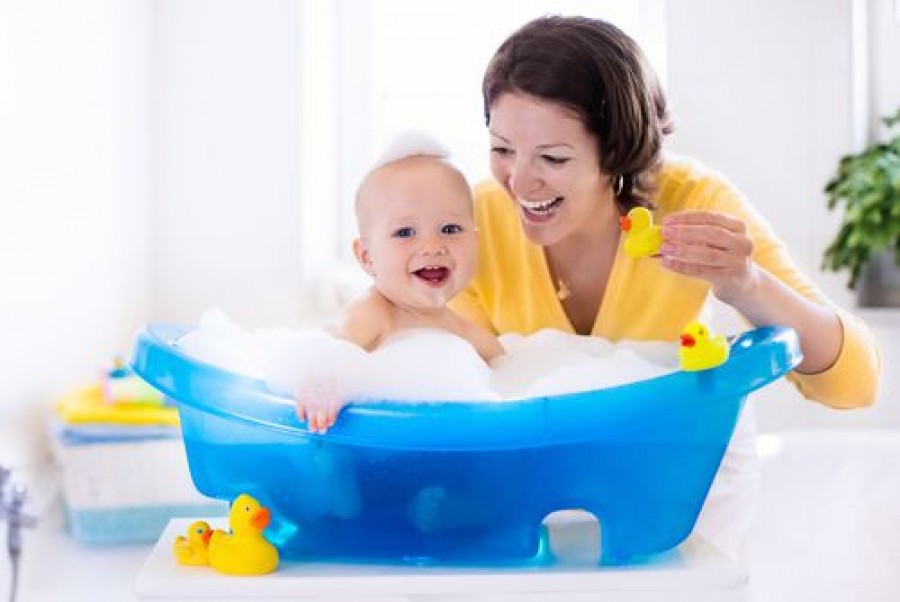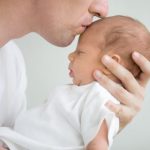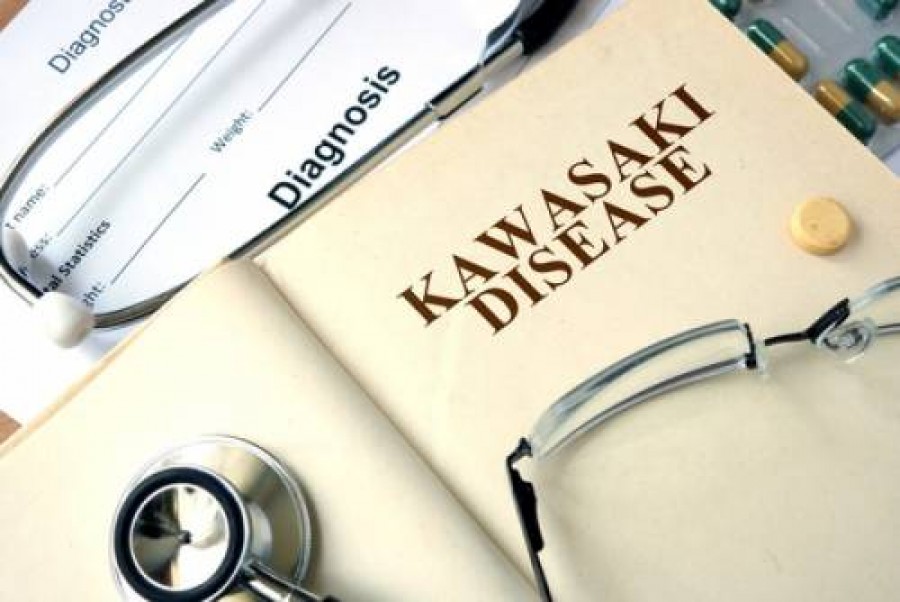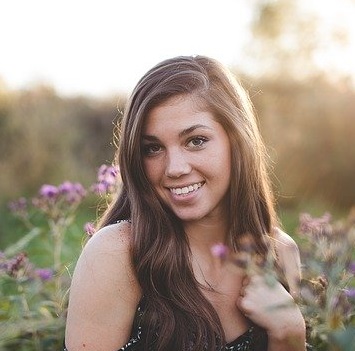Baby Hygiene: Everything You Need To Know

It goes without saying: when it comes to taking care of your baby’s health, bub’s personal hygiene is of the utmost importance, and one of your most important responsibilities. Along with making sure that your baby is fed and safe, protecting him from illness and infection at this fragile time of life is essential.
Your little one’s immune system is incredibly sensitive, able to pick up many passing diseases and infections. Allergy-causing dust can easily find its way onto your baby’s body, particularly through their hands and feet. More seriously, germs and bacteria get transferred from one person to another quite fast.
When your baby is born his immune system is not fully developed
When they are born, babies are incredibly well put together by all of the magic of mum’s womb, but they don’t yet have all of their immune systems in place or their natural defenses against illness and infection. With time and growth their bodies get tougher, but in the very beginning, they still have a few weaknesses that you need to be careful to look after.
Babies don’t have the capacity to create their own antibodies until they are at least 2-3 months old, and their immune systems aren’t fully developed until they are around six months old.
As babies get older and more exposed to germs and toxins in their environment they are better able to fight back against things that could make them ill.
Start with good hygiene
Once baby’s immune system is weakened by germs, they can become prone to dangerous illnesses that they may not have already been vaccinated against – especially if they’re too young to start their vaccination schedule.
The best defense is a good offense, so a basic understanding of baby hygiene is the perfect way to help prevent a number of health complications, especially when your child has a delicate immune system.
Good personal hygiene will not only help bub stay healthy, and protected from illness – it will also help teach them good habits as they grow older. As bub watches you practice these techniques, it will become a habit that they will continue to practice well into adulthood.
1. Bathing
Regularly wash the baby’s body, hair,and hands, ensuring that you use non-allergenic soaps; a bath twice a day is best, especially for younger children. It’s also important to keep their nails trimmed because dirt can easily get under long nails, and if they scratch themselves, this can cause infection. Make sure to clear wax from your baby’s ears, and dirt from their eyes and nose at all times.
As they grow older, place items such as hairbrush or toothbrushes in their hands, and guide them through the process of brushing their hair or teeth – this will help them to learn how to do it themselves. Eventually, they will start to pick these habits up. It’s essential that you instill these habits at a young age – such as reminding them to wash their hands after using the toilet and to brush their teeth twice a day.
Learn more about how to clean your babyproperly here.
2. Environment
Pets
Many newborn babies will be welcomed home into a household where a pet already lives. Having a pet in the home is generally considered to be healthy for a little one, both physically and psychologically, but you should keep your pet at a bit of a distance at first.
Don’t let your pet in your baby’s room until bubs is around six months old and has a better developed immune system. Never let your pet sleep in your baby’s bed. Keep pet food, beds and litter trays out of your baby’s reach; safety gates are good for this until your little one is around 2 years of age.
Cleaning
A clean home is a happy home – especially a baby’s room. Bub will get the best sleep if they’re sleeping in a clean cot, so ensure that you are regularly cleaning and changing the sheets once a week.
Keep the room dust-free, going through it twice a week to remove any roving dust mites, and go over surfaces with baby-friendly antibacterial products to kill any germs or bacteria that may have found their way into the room. If you have screen windows, don’t forget to clean those, as well – they tend to trap a lot of dust as well.
Always ensure any room baby is in is well ventilated, with plenty of fresh air. However, try to keep insects at bay – you can either use a surface spray for the odd bug that ventures inside, or baby-friendly insecticide on bub’s skin, to prevent insect bites if you live in an area prone to bugs like mosquitoes, midges and the like. The best preventative is to keep all screen doors closed as much as possible.
The most important area to keep clean is the bathroom, as this area tends to have the nastiest bugs. Always cover your nappy bin and rubbish and clear them as quickly as you can – you don’t want bub exploring an overflowing garbage bin.
Similarly, always keep the lid of the toilet down; germs can hop out even when it’s not in use.
Some myths about babies and hygiene
1. Can they eat food off the floor?
Once your baby is crawling he can get into all sorts of trouble. You should keep your floor and any areas within his reach as clean as possible, as well as locking cupboards with anything dangerous in them.
But even the most persistent of mothers can miss some things, especially if your baby has an older sibling or two. There is bound to be something under the couch or hidden in the carpet that your baby tries to eat.
They get to a stage where absolutely everything ends up straight in their mouth anyway, from their hands and feet to toys, and anything else they get their chubby little mitts on. Dust from the floor will not make your baby sick, but germs and viruses can. Keep germs from outside to a minimum by taking off shoes at the door and leaving prams and strollers outside.
2. If you expose babies to more germs are they less likely to have food allergies?
Studies have shown that exposing babies to some dirt and dust can help their immune systems. Children raised in homes that were not as fastidiously cleaned were less likely to develop allergen related conditions such as asthma and eczema.
The information is still new and disputed by experts at this stage, so it might be better to err on the side of caution and keep your house as clean as you can. But at the same time, don’t stress too much about this little things, because some exposure to bacteria and allergens is okay.
3. Can you clean a pacifier/dummy from the floor by popping it in your mouth?
There are varied opinions on this one. Originally it was thought to be an unsafe way to ‘clean’ your baby’s dummy, because of the bacteria in your own mouth, but a study in 2013 turned that debate around, saying that parents who suck on their children’s dummies to clean them expose their babies to more germs and allergens, and leading to healthier babies in the long-term.
Dentists, however, say that tooth disease and infection can be passed onto your baby, so you should avoid this ‘cleaning’ habit. Giving the dummy a rinse in hot water is one of the best things you can do while out, or at least give the dummy a wipe over with a baby wipe.
4. Should you keep everyone away from your baby?
It can be tempting to just keep all outsiders away from your baby in the beginning, but while this might be effective at protecting your little ones from germs it is a very good way to upset a lot of friends and family. And by the time your second baby comes around, he will have a toddler sibling who acts as a very good germ monkey, bringing all sorts of toxins, dirt, germs and unknown entities into the house.
If you have a friend who admits to having a cold or some other kind of virus, it is perfectly reasonable to ask them to stay away until they are feeling a bit better.
Helpful Tips
· Clear bins (kitchen and bathrooms or toilets) frequently
· Ensuring proper ventilation in the home is very important, as it will help protect your baby from infections or diseases caused by dust or bacteria
· Try not to bring any outside shoes and slippers into the house; this prevents them from tracking dirt and germs through the house
· Try to clean baby’s clothes separately from the adults’ clothes, so that they don’t pick up potential germs
· Remember to not leave any cleaning items or dirty dust cloths in baby’s room
Ask for help when you need it, and accept help when people offer it. Cleaning your house might be a little down the list of priorities when you are just trying to feed your baby and get the odd scrap of sleep for yourself. Ask your partner or other family or friends to help out by running the vacuum through the baby’s room and living area.
If you are worried about exposing your baby to chemicals, there is a wide range of natural cleaning products you can make which are just as antibacterial as the chemical-grade stuff. Ingredients including vinegar, baking soda, lemon juice and essential oils like orange or tea-tree can be used to make cleaners which work really well, smell great and are safe for your baby and the environment.
More Baby Hygiene Articles
How to Clean a Baby’s Belly Button?
Keep It Clean: Baby Hygiene
How to Clean your Baby Properly?
Baby’s First Bath
Caring For Babies With Sensitive Skin
Cloth Nappies: Benefits, Types, and Care
How to deal with nappy rashes?
The wonderful world of baby poo
How to massage your baby?
Baby Nappy Changing Essentials



